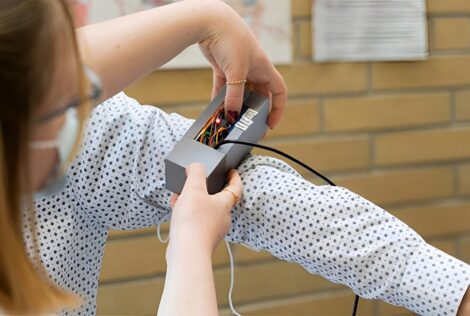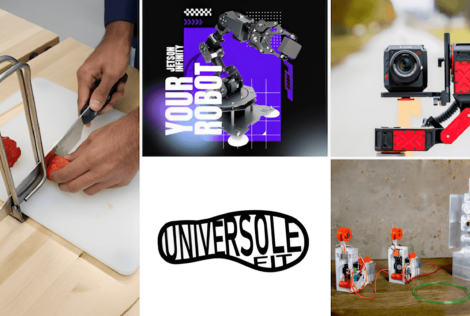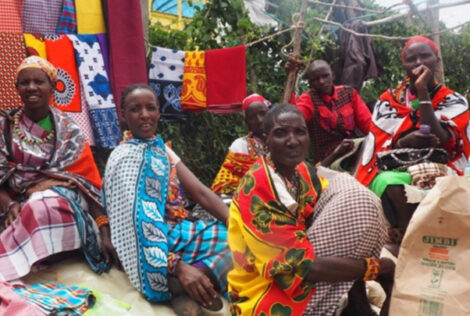
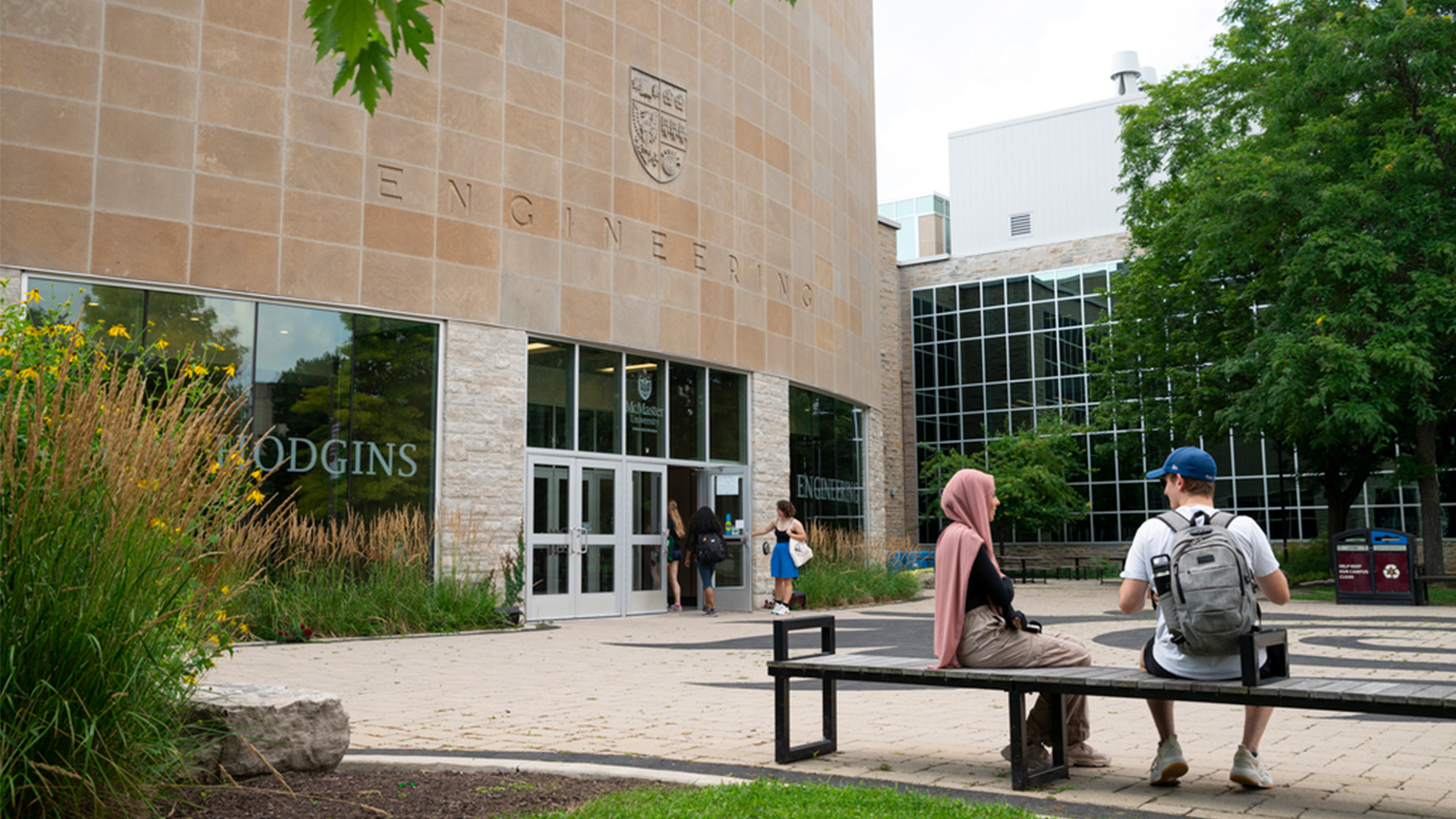
Want to know more about student research or working with a startup but don’t know where to begin? Four McMaster Engineering students who attended last week’s Engineering Research & Entrepreneurship Fair can help.
On November 25, over 300 students attended the 5th Annual Engineering Research and Entrepreneurship Fair hosted by Engineering Co-op & Career Services and the McMaster Society for Engineering Research (MacSER).
Professors and graduate students in 28 research booths talked about their research and shared available positions. There were also representatives from eight startups in attendance who shared intern opportunities.
Four students who attended the event answer some frequently asked questions about working in a lab or for a startup.
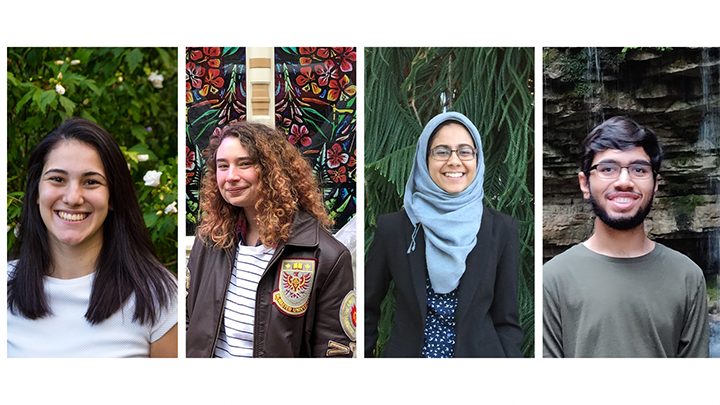
Q: What’s the best way to get involved in research?
Perla Yaghi, a third year mechanical engineering student, has worked with Sumanth Shankar, mechanical and engineering professor, in his Light Metal Castings lab as an undergraduate researcher since the summer.
“If you find someone who is doing research in something you might be interested in, don’t be afraid to reach out,” she says. “There are always so many opportunities out there for undergraduate students to get involved. Research is such a great way to learn about future innovations and find out more about your work style and preferences. We’re so fortunate here at McMaster to have so many phenomenal research opportunities and if you’re interested, my advice is to take advantage of that!”
Q: How do I work for a startup?
Bilal Shaikh, software engineering and management student, worked as an augmented reality software engineer intern this past spring for PULSE Lifesavings, a full-service training provider of lifesaving, first-aid, and lifeguard training.
“Get in contact with individuals at The Forge incubator and see what the current startups at the incubators need since they are usually looking for help,” he says.
“This is especially important to do at the start of the spring and summer term since they are usually looking for a lot of help around then. I also recommend working on building skills in a variety of areas. Startup teams are small and anyone with a lot of skills can help them solve problems that would usually require multiple employees. And lastly, something else that worked for me was attending hackathons since a lot of them can have startups attend as sponsors and they are usually looking for talent there as well.”
Q: What was your research experience like and what did you do?
Alia Macarios, a mechanical and engineering and society student working alongside Yaghi in Shankar’s Light Metal Casting Lab, was awarded a Natural Sciences and Engineering Research Council of Canada (NSERC) Undergraduate Summer Research Award this past summer.
“My research focused on corrosion for an aluminum alloy for structural automobile components,” she explains. “Throughout the summer I conducted literature reviews, statistical analyses, composed the design of experiments, conducted data analyses, prepped samples and ran corrosion experiments to name a few. It was a really great experience and I really learned a lot.”
Q: What if there are no positions available in the lab I want to work for?
Integrated Biomedical Engineering and Health Sciences, Yumna Irfan, was a research assistant for two of her summer co-op terms and worked with Christopher Anand, computing and software associate professor, on developing tools and workshops to teach children programming using Elm (a functional programming language).
She also worked with IBM to prove the feasibility of a proposal to double the number of basic math functions that a computer can calculate per second and won The Project of the Year Award at the CASCON conference in 2018 for her work.
“It is advantageous to volunteer and be involved in the projects even if the professor doesn’t have funding to hire you yet,” she says. “I started volunteering with my lab during the year, then applied for NSERC for the summer!”

